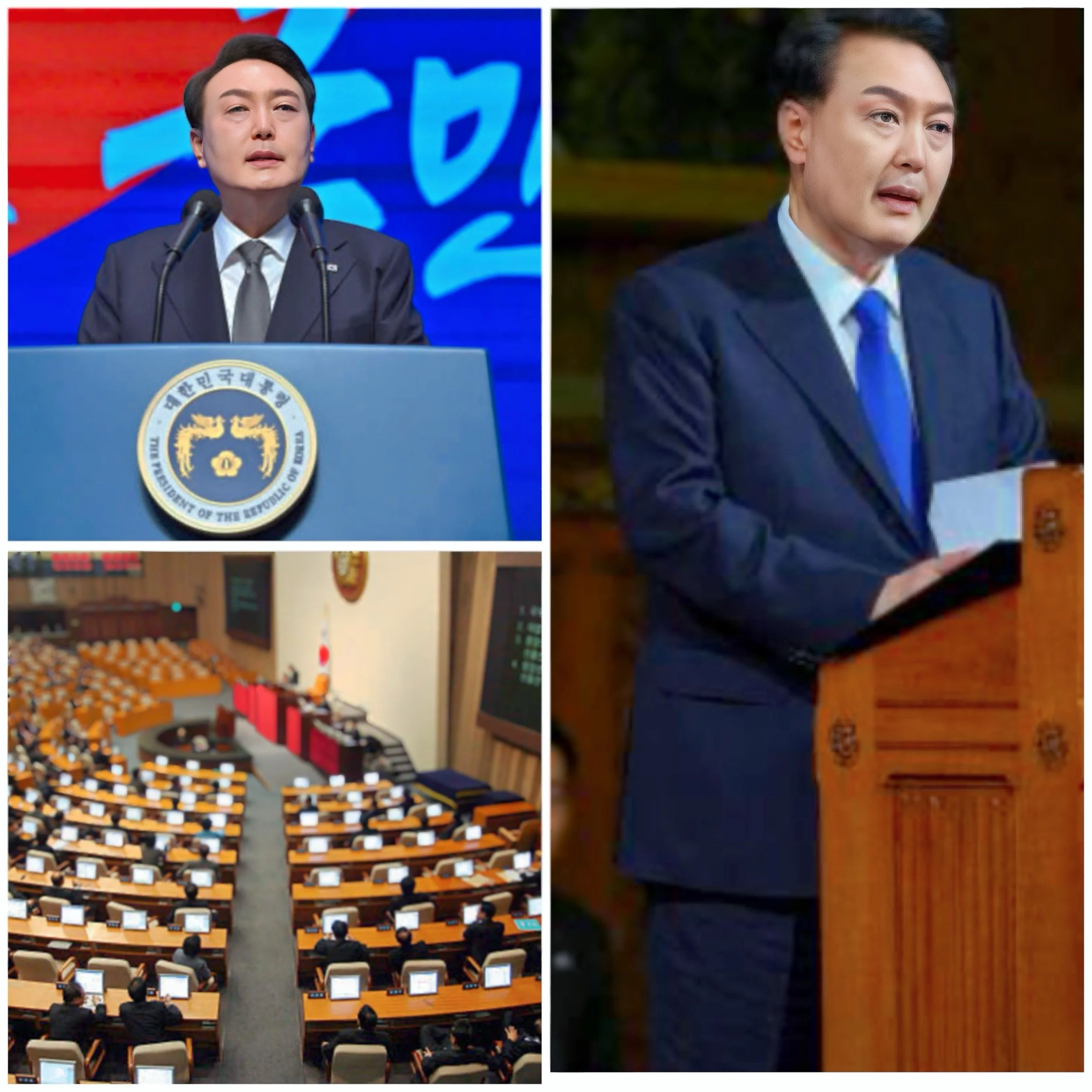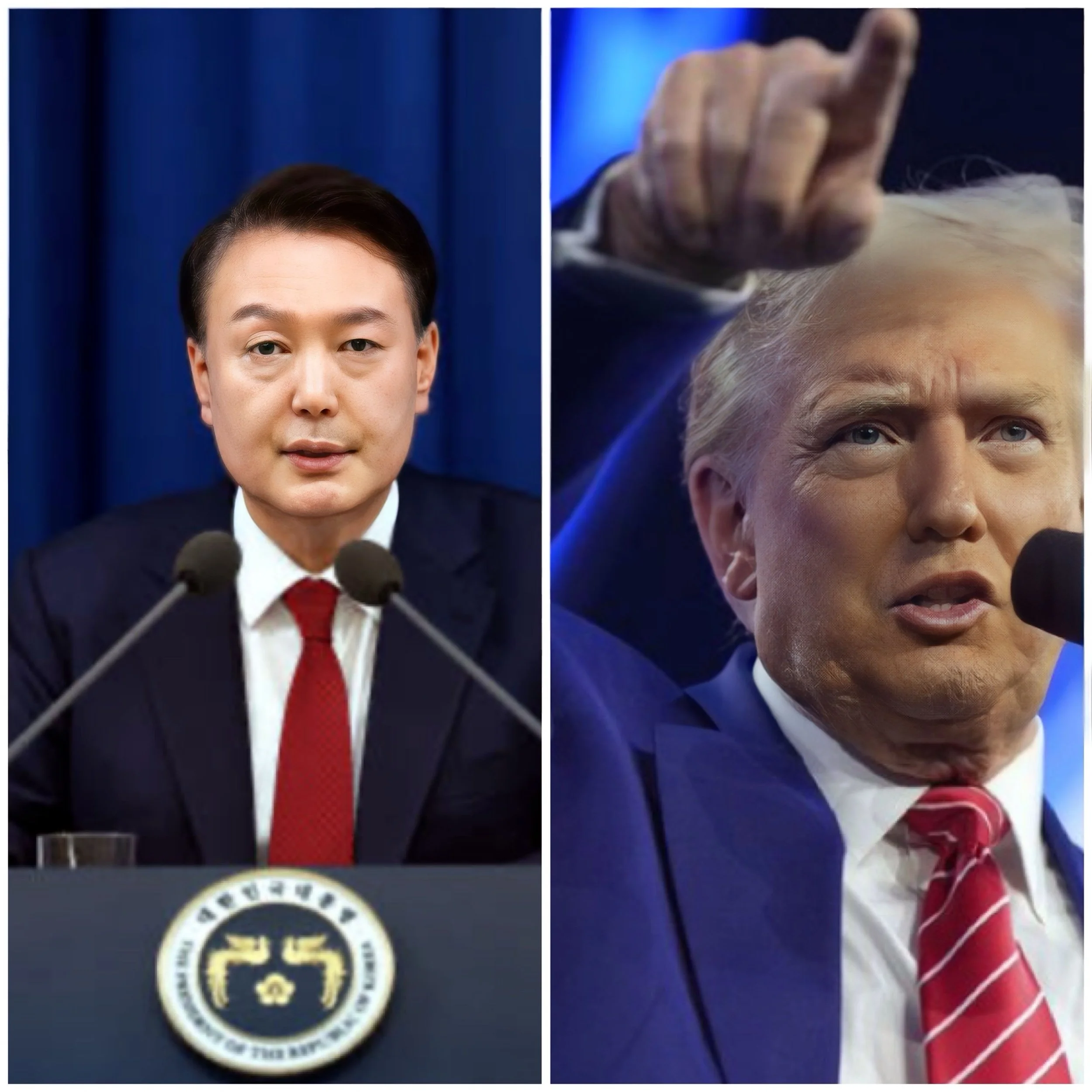South Korea parliament votes to block president’s martial law declaration
Introduction
On December 3, 2024, South Korea’s parliament voted to overturn President Yoon Suk Yeol’s declaration of emergency martial law, marking a significant political crisis in the country. Here are the key details of this unprecedented event:
Presidential Declaration
President Yoon Suk Yeol declared emergency martial law on Tuesday, December 3, citing several reasons:
Accusations that the opposition was controlling parliament
Claims of opposition sympathy towards North Korea
Allegations of anti-state activities paralyzing the government
Yoon stated that the measure was necessary to “safeguard a liberal South Korea from the threats posed by North Korea’s communist forces and to eliminate anti-state elements”.
Parliamentary Response
The National Assembly swiftly reacted to the president’s declaration:
190 out of 300 lawmakers convened for an emergency session
The parliament voted to lift the martial law declaration
This action took place just three hours after Yoon’s announcement
Political Context
The conflict stems from ongoing tensions between President Yoon and the opposition-controlled parliament:
Yoon’s conservative People Power Party has been at an impasse with the liberal Democratic Party over the budget bill
The president has struggled to advance his agenda since taking office in 2022
Recent scandals involving Yoon’s wife and top officials have further strained political relations
Immediate Effects
Following the declaration of martial law
The National Assembly building was sealed
Helicopters were seen landing on the roof of the building
The Democratic Party called an emergency meeting of its lawmakers
International Reaction
The situation has drawn international attention, with major news outlets reporting on the rapidly unfolding events. The United States, as a key ally of South Korea, is likely monitoring the situation closely.
Conclusion
This unprecedented clash between the executive and legislative branches of government in South Korea represents a significant challenge to the country’s democratic processes and could have far-reaching implications for political stability in the region.






